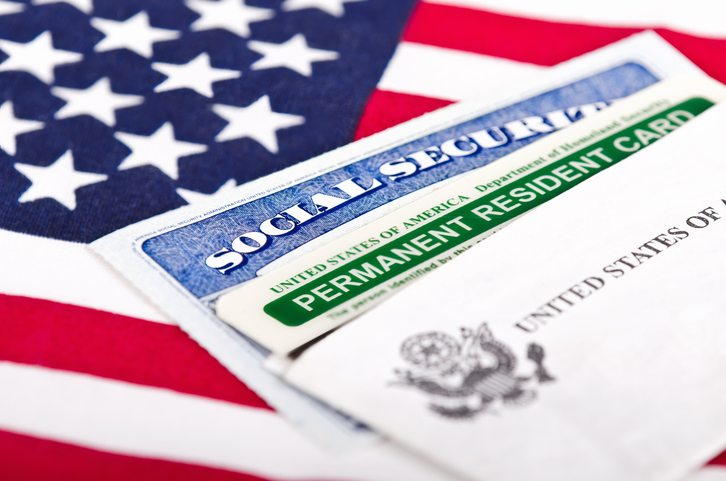 Spend an hour or so reading about immigration horror stories, and you come away with the idea that our system is broken. However, not every immigration horror story involves a mix up at the Department of Justice or misinterpretation of federal immigration law at the local level.
Spend an hour or so reading about immigration horror stories, and you come away with the idea that our system is broken. However, not every immigration horror story involves a mix up at the Department of Justice or misinterpretation of federal immigration law at the local level.
In fact, four issues cause most of red flags that force immigration officials to deny applications for citizenship.
Taxes
Take the case of Tomas to learn the importance of filing taxes. Tomas filed his taxes, but he made a few minor errors that led to the Internal Revenue Service (IRS) billing him for delinquent taxes. Unfortunately, Tomas moved and never received the notices. Much to his chagrin, an immigration court denied his citizenship application because of the back taxes. Tomas also has to pay off a now hefty tax bill because of the accumulation of fines and interest charges.
The IRS does not approve of citizenship applicants who have never paid taxes. You might have lived here on a work visa or green card and failed to pay your fair share of federal taxes. If that is the case, you can expect the federal government to deny your N-400 application. The best strategy to avoid application denial because of back taxes involves becoming proactive to settle the tax debt. Enroll in an IRS payment plan that allows you to pay off your tax debt in small monthly chunks. Contact the IRS before you apply for citizenship to ensure taxes do not impede the road to American citizenship.
Selective Service
Part of the citizenship application process requires applicants to confirm their support and willingness to defend the country and the Constitution. Selective Service enrollment acts as the primary method for confirming your loyalty to the United States. Male green card owners between the ages of 18 and 25 must register in the Selective Service System. When it comes time to apply for citizenship, the government needs to know your Selective Service Number. You can register with the Selective Service System at a United States Post Office or on the Selective Service System website
Child Support
Parents that apply for citizenship must prove they have the financial means to support children that do not live with them. If you have received an order to pay child support, you must present an immigration court with proof that you have complied with the order. Although owing child support does not automatically prevent you from obtaining citizenship, it can be a major roadblock if an immigration court deems the amount of child support substantial enough to warrant application refusal.
Strong Moral Character
Although “Strong Moral Character” appears to be an ambiguous term, it actually is quite clear under United States immigration law. The United States government determines strong moral character by running criminal background checks on citizenship applicants. Criminal background checks go back as far as five years. Any applicant found guilt of an aggravated felony should expect denial of his or her citizenship application.
Lying about any part of your citizenship application also results in application denial. One client of a law firm sought legal help because she gave false testimony at her naturalization interview. Although everything pointed to her possessing strong moral character, a simple lie caused denial of her American citizenship application. Other crimes that lead to denied citizenship applications include property crimes, illegal gambling, and violating controlled substance statutes.
Because immigration law frequently changes, we recommend that immigrants applying for citizenship contact a licensed attorney to learn about their citizenship eligibility.
